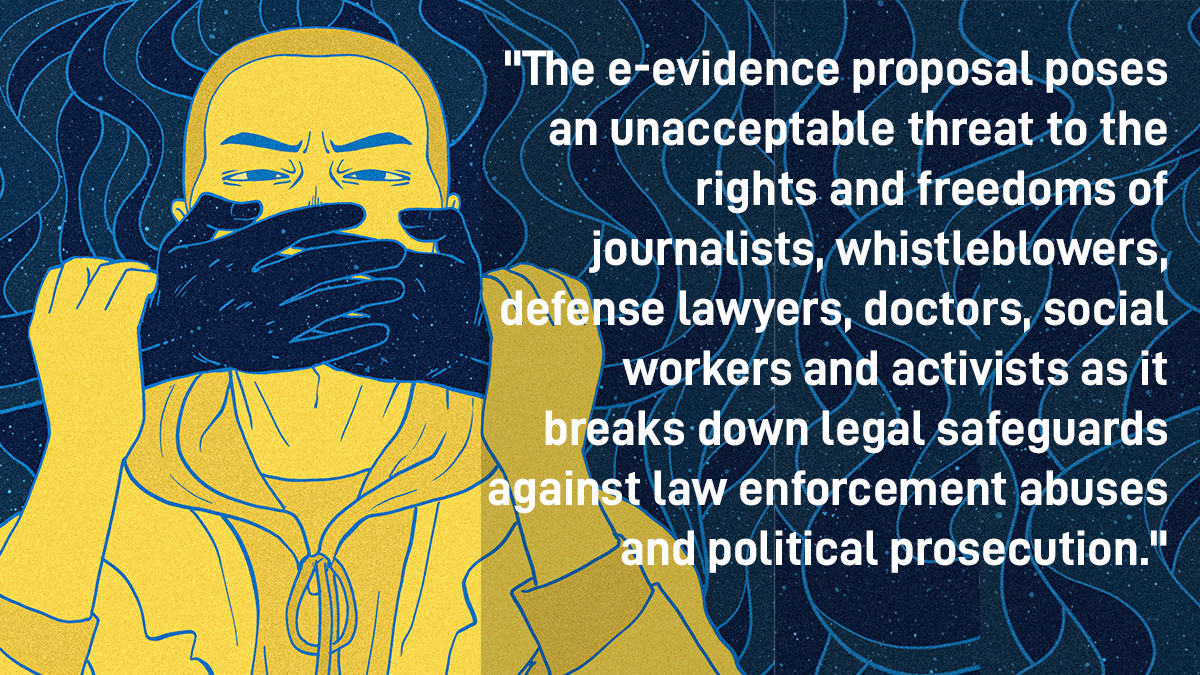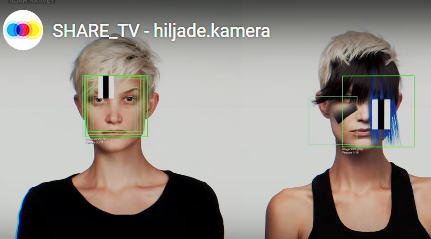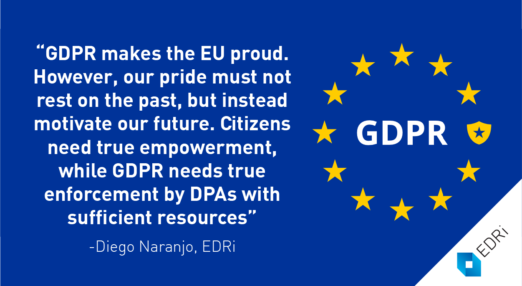Highlights
Filter by...
-

Attention EU regulators: we need more than AI “ethics” to keep us safe
In this post, Access Now and European Digital Rights (EDRi) analyse recent developments in the EU AI debate and explain why we need a bold, bright-line approach that prioritises our fundamental rights.
Read more
-

Launch of EDRi Annual Report 2019
2019 has also been a pivotal year, with more attempts to rein in the power of dominant internet platforms. EDRi's members Europe-wide have continued highlighting the privacy-invasive surveillance-based business models of the digital platforms dominating the online market, and the significant consequences this may have for civil rights and control of society.
Read more
-

Press release: The data retention regimes of France, United Kingdom and Belgium are illegal says CJEU
Note: This quick reaction is based on the Court’s press release. A more thorough analysis of the judgement will be published later this week.
Read more
-

EDRi-gram, 30 September 2020
"Biometric mass surveillance is tremendously invasive and inhumane. It allows an invisible, permanent and massive control of the public space. It makes everybody a suspect. It turns our face into a tracking device, rather than a signifier of personality, eventually reducing it to a technical object."
Read more
-

Easter is coming twice this year: Find the egg on our new website
We're proud to announce our brand new website built on the basis of EDRi’s awesome Guide for the Ethical Web Development, proving that it can be done!
Read more
-

Vote for EDRi at the #GoodID Awards
We’ve been nominated for a #GoodID Award! 🏆 Vote for us as a Community Champion by clicking on this link: www.good-id.org/awards
Read more
-

EDRi-gram, 16 September 2020
"Structural racism appears in policy areas from health, employment to climate. It is increasingly clear that digital and technology policy is also not race-neutral, and needs to be addressed through a racial justice lens."
Read more
-

EDRi with 25 organisations urge Parliament to protect journalists, doctors, lawyers, social services
Together with a coalition of 25 organisations and companies, EDRi urges members of the European Parliament’s Civil Liberties, Justice and Home Affairs Committee (LIBE) to include strong procedural safeguards in the so called “E-Evidence Regulation”.
Read more
-

SHARE Foundation presents #hiljadekamera : A documentary on biometric mass surveillance
SHARE Foundation has recently released a short documentary on the controversial use of the mass surveillance system in Belgrade, Serbia. Various digital experts and activists took part in the documentary, including the national Data Protection Authority in Serbia and EDRi's own Policy and Campaigns Officer, Ella Jakubowska.
Read more
-

A victory for us all: European Court of Justice makes landmark ruling to invalidate the Privacy Shield
Today, 16 July 2020, the Court of Justice of the European Union (CJEU) invalidated the EU-US Privacy Shield. The ruling proves a major victory for EU residents on how their personal data is processed and used by platforms like Facebook.
Read more
-

Welcoming our new Senior Communications and Media Manager Gail Rego!
European Digital Rights is proud to announce that Gail Rego has joined the team at the Brussels office as the new Senior Communications and Media Manager.
Read more
-

EU must let its crown jewel shine: GDPR needs progress
On 24 June, the European Commission published the Communication reviewing of the two years of application of the General Data Protection Regulation (GDPR) The Communication received input from the multistakeholder expert group on the application of the GDPR, of which EDRi members Access Now and Privacy International belong to.
Read more
